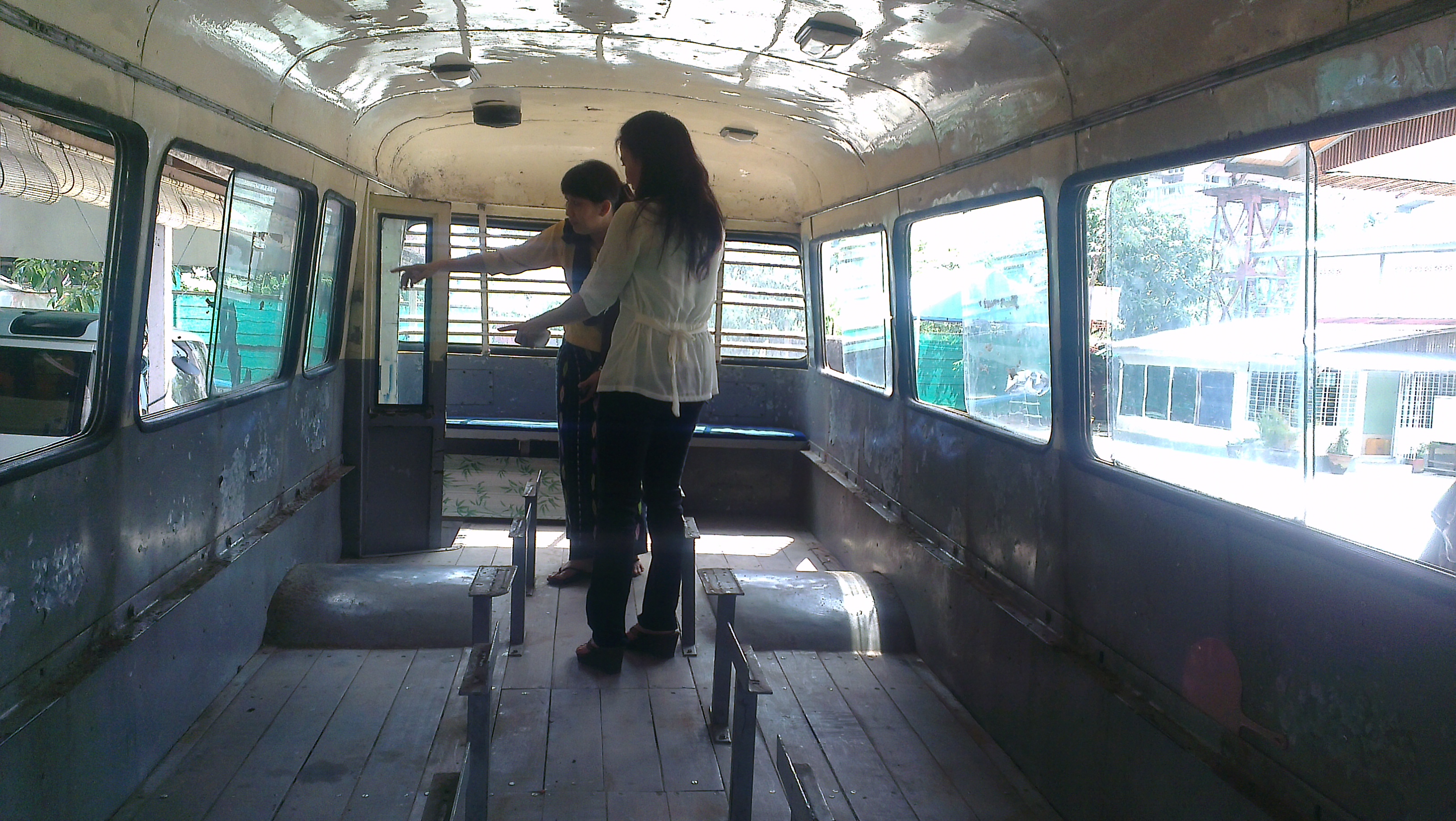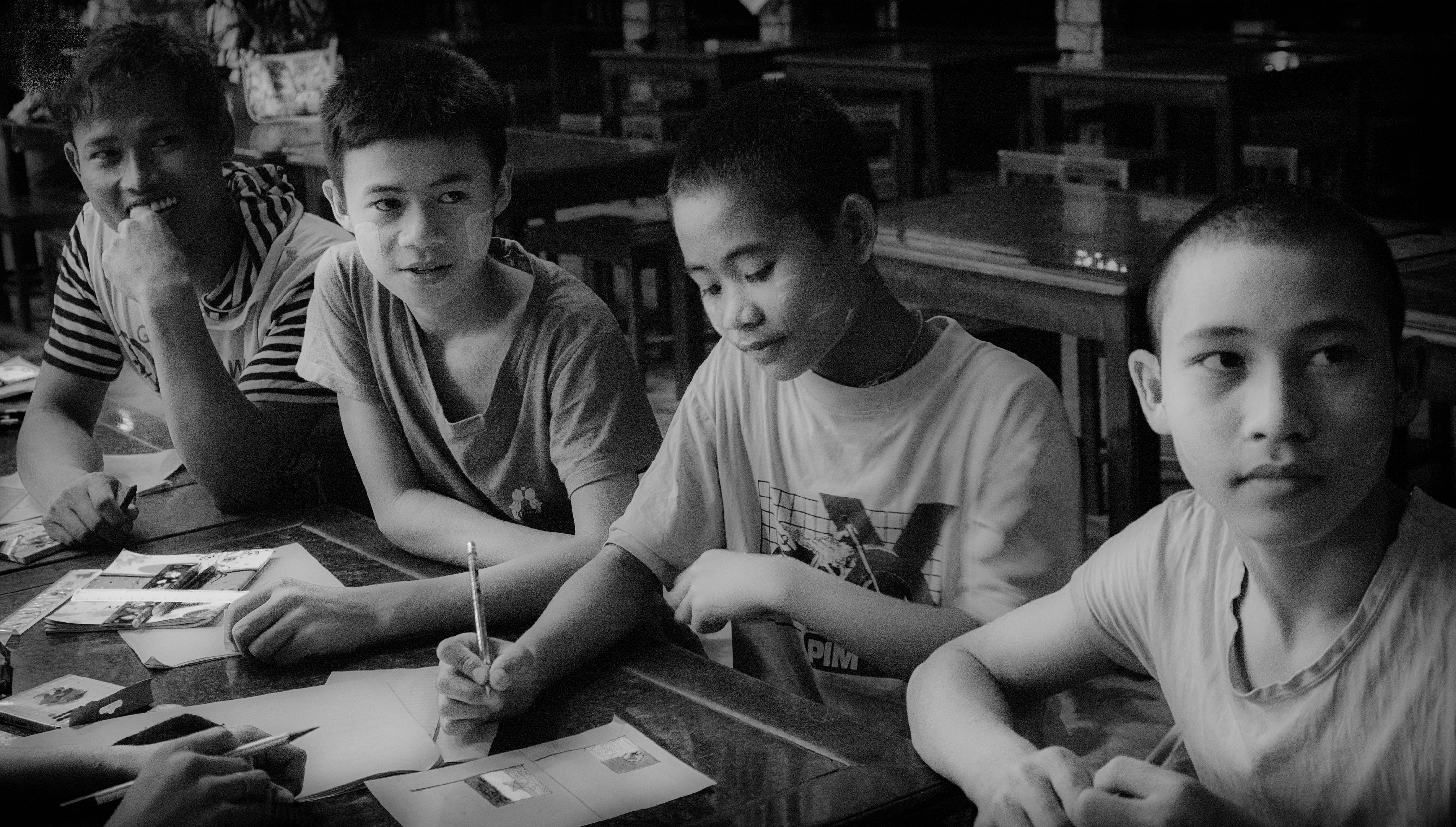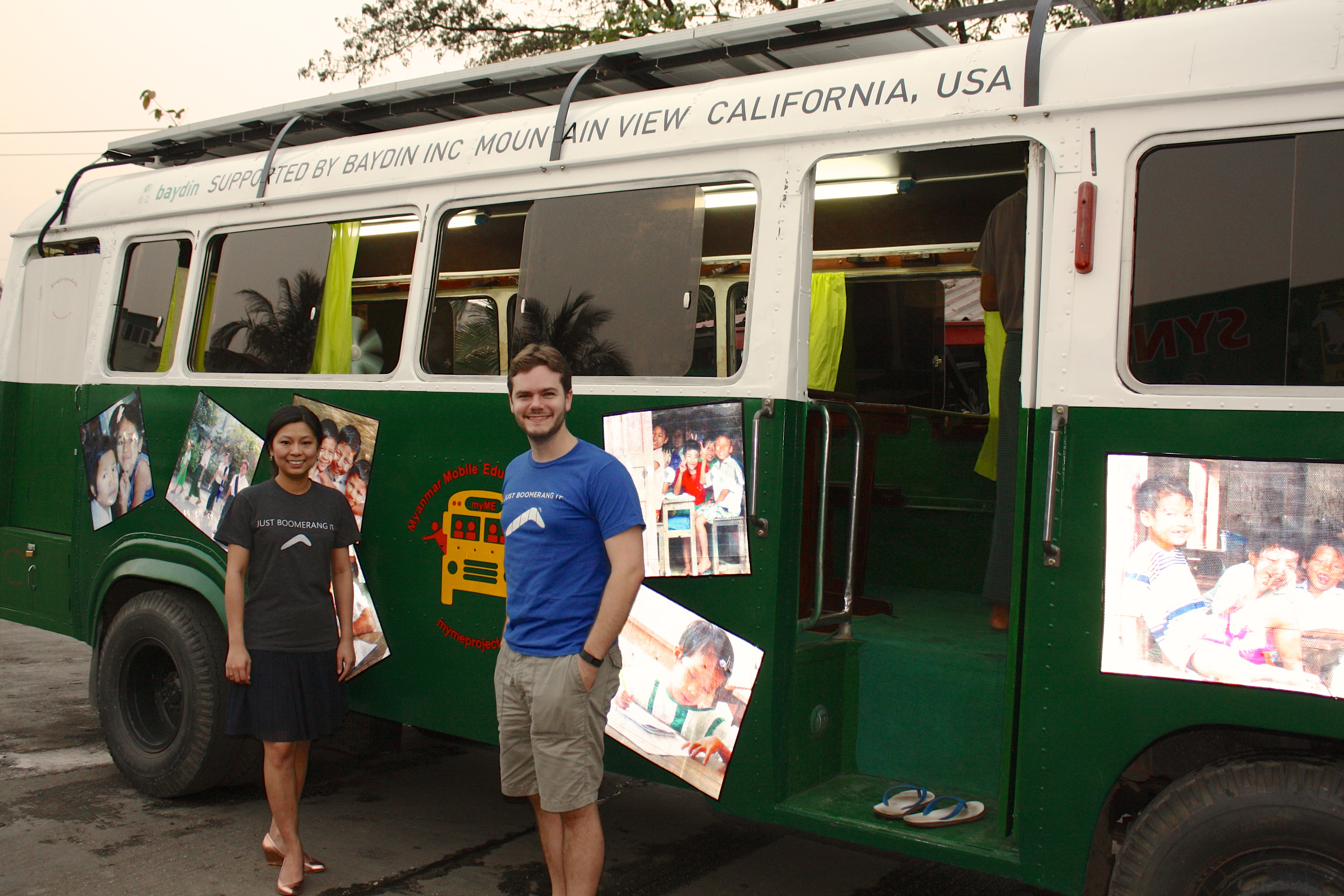When we started Baydin, we wanted to build a company that included charitable contributions as part of its DNA. Four years ago, we decided that we would donate a portion of our profits (if we ever generated any) to advance education in Myanmar. One of our company’s founders is Burmese, and the name of the company, Baydin, is a Burmese word that means foretelling the future through magic. So it felt right to plan to someday help people in that region.
At the time, we had no products, no customers, and no clear path to revenue. We weren’t sure what type of project we’d end up supporting or if we would have the means to support anything at all. And who’d ever heard of a startup making profits? So we put the charitable part of our mission on the back burner, focusing on building a company where we wanted to work and creating cool and useful products for our users.
Around Thanksgiving, our tax accountant dutifully reminded us that we were on track to make a profit in 2013, so we needed to pay our 4th quarter estimated taxes to Uncle Sam. It turned out that our naive hope from four years ago would become reality much sooner than we expected!
Excitedly, we started looking for charitable organizations that are working in Myanmar. Not knowing where to start our search, we asked Mike’s sister, who is working at Give2Asia, a non-profit organization that specializes in giving to Asian countries. She pointed us to a few blanket charity programs and gave us some options for supporting schools near the Thai-Myanmar border.
In the meantime, I also posted a Facebook message asking my friends from Myanmar to help us find a charity organization or project that would fit the criteria. A friend of mine left a comment with a link to the Indiegogo page of something called The Myanmar Mobile Education Project (myME).
The project educates children who work in tea shops in Yangon.
In Myanmar, tea shops are a major cultural component of many cities. Many people stop by a tea shop for breakfast on their way to work, trading gossip and catching up on local news. Similarly, on their way home from work, working men tend to gather at tea shops to socialize, bet on soccer games or even make business deals. Tea shops are a combination of McDonalds, Starbucks and a local dive bar – and, as such, you will see tea shops everywhere you go in Myanmar. At most of those tea shops, teenage boys bring delicious Burmese tea (served with sweet evaporated milk) to your table.
These boys work so they can send money back to their families. Yangon may be several hours by bus from their homes, which are typically in smaller, more remote towns. Circumstances usually forced them to leave school and start working at a young age. They both work and live at the tea shops, many times sleeping on the tea shop tables, for a few years before moving on to other jobs. Education is not part of their lives anymore.
The myME project took a fascinating approach to helping educate these young workers – repurposing an old school bus to create a mobile classroom! They had already signed up volunteer teachers, gotten the tea shop owners to agree to spare their workers for a couple hours each day, and put together a curriculum plan. They just needed school supplies and a venue (the bus).

We were immediately intrigued. Over lunch, we talked about our donation options, and the myME project was the clear frontrunner. “What? We’d donate a used bus that becomes a classroom for kids? That’s so cool!” The project sounds like a startup company. It’s innovative and risky, but taking aim at a specific problem in a nontraditional, thoughtful way. We don’t know if this is the right approach to educate kids who are working all day, but it sounds just crazy enough to work!
We contacted the project organizers and offered a $10,000 donation. They were thrilled to hear from us. After they sent us more details and the paperwork, Baydin became a proud sponsor of the myME project. Two weeks later, pictures of the bus and the first day of class arrived in our email.
The current classes in the pilot program have a little over 100 students, and they are off to a great start. Tea shop workers work 12 hours a day, from 5am to 5pm. The classes run from 6 to 8 pm, 6 days a week. I can’t help but admire their determination and willingness to learn, even after very long work days.
The mobile classrooms provide a way for the kids to learn Burmese writing, English, Math, computer and social skills. We feel fortunate to be in a position to support them in their journey to better opportunities via education.

Months ago, Alex and I planned a trip to Myanmar during January. Tim, the organizer, told us that the bus was up and running, and we were welcome to stop by while we were in Yangon. We couldn’t resist taking a break from sightseeing to see the results of Baydin’s 2013 donation. When we saw the bus in person and saw the class in progress, it felt much more real than seeing pictures.

We’re so grateful to have had the opportunity to give back last year. Thank you for your subscriptions and your support. We hope to be able to do something this wacky and wonderful for many years to come!

You guys rock!
WONDERFUL! Congratulations Baydin. Great bus and beautiful to see kids learning. Keep up the good work!
Nice job you guys! Great Karma!!